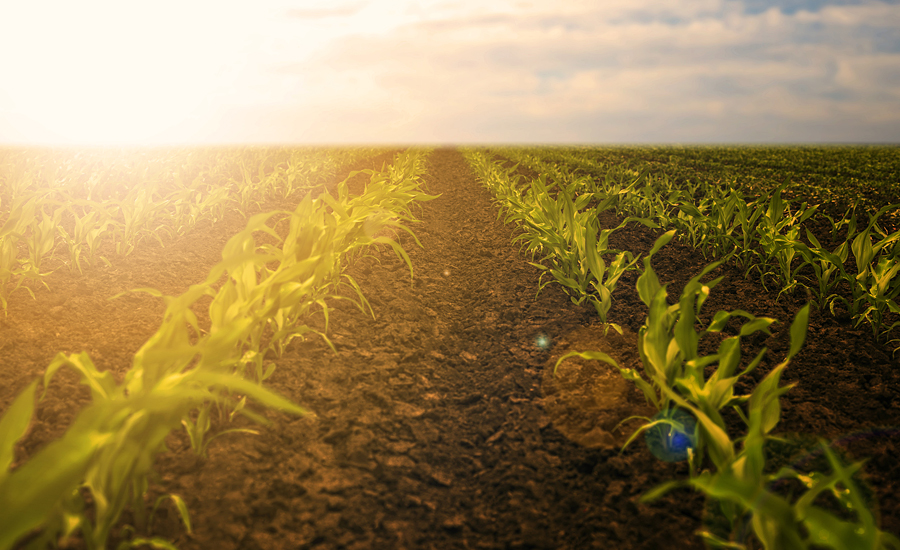Study: 80% of the world’s population is dependent on imports to meet their food and nutritional requirements
This report explores how trade policies can promote healthier and more sustainable food and land use systems.

Nearly 80% of the world’s population is dependent on imports to meet their food and nutritional requirements, as outlined in this report produced by the Hoffmann Centre for Sustainable Resource Economy, London.
This report explores how trade policies can promote healthier and more sustainable food and land use systems.
However, in the absence of effective regulatory frameworks or pricing frameworks that internalize environmental, social or health costs, trade can exacerbate and globalize challenges associated with food production and land use trends such as deforestation, land degradation, greenhouse gas emissions, biodiversity loss and the shift to unhealthy diets.
This overall increase in trade in agricultural products raises questions about the growing utilization of resources, such as water or soil nutrients, that are embedded in those products through production and processing. Trade itself also causes environmental impacts, starting with greenhouse gas emissions associated with transport and storage. If the environmental cost associated with production and trade is not reflected in the final price of goods, trade may exacerbate the depletion of resources or their unsustainable use.
This study explores the role of trade in delivering more sustainable and healthier diets and recommends seven key trade policy options to promote this goal. It finds that there is an unprecedented need for new spaces for informal dialogue among actors, and “soft” governance mechanisms to help rebuild consensus on the best ways forward.
This paper was produced with the support of the Food and Land Use Coalition (FOLU), UK.
Looking for a reprint of this article?
From high-res PDFs to custom plaques, order your copy today!








